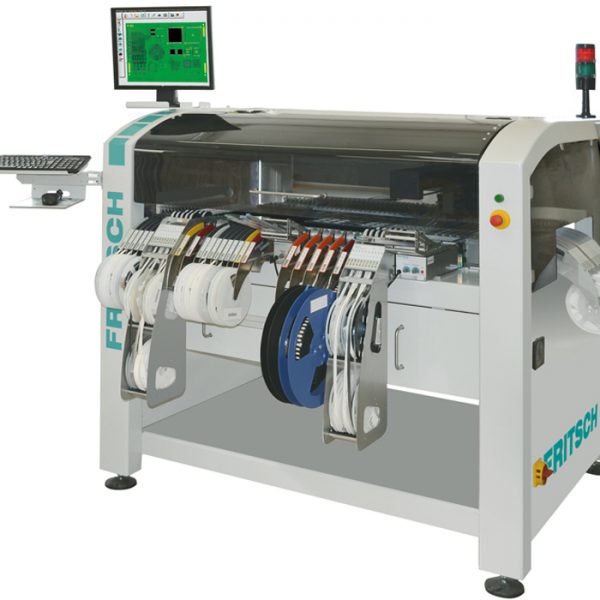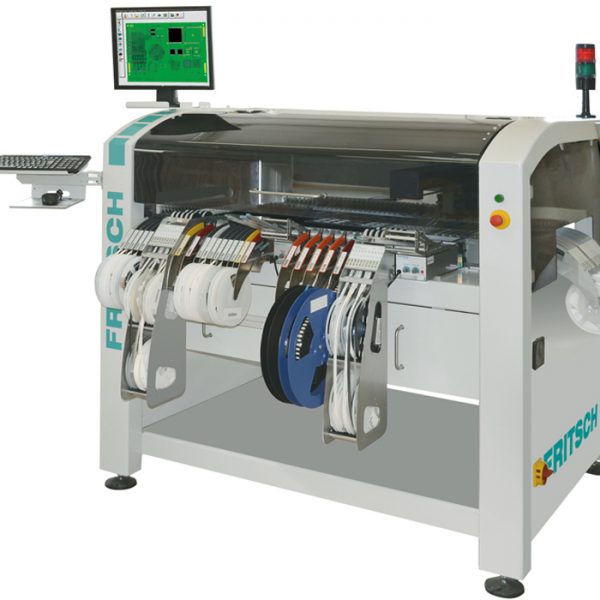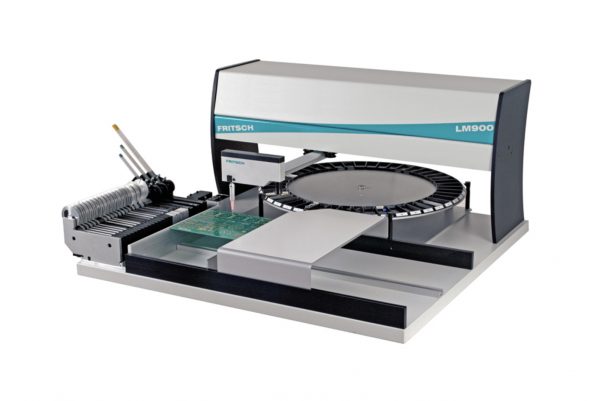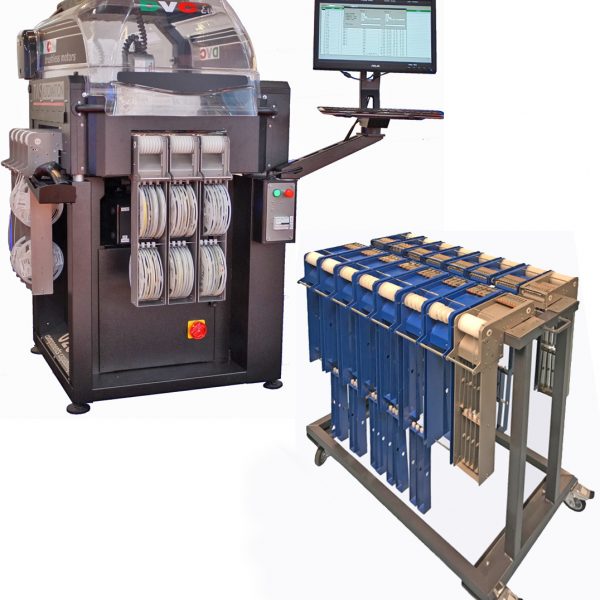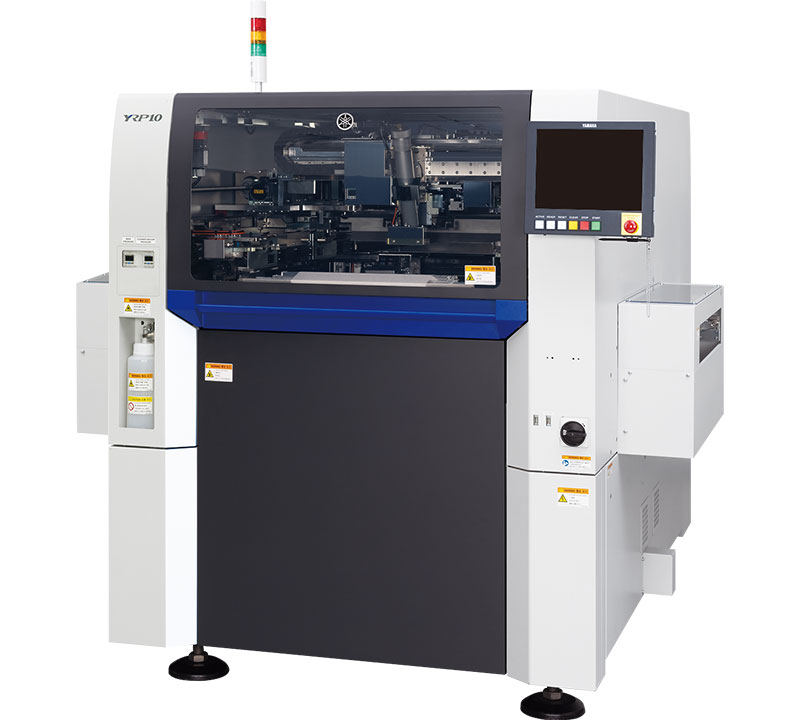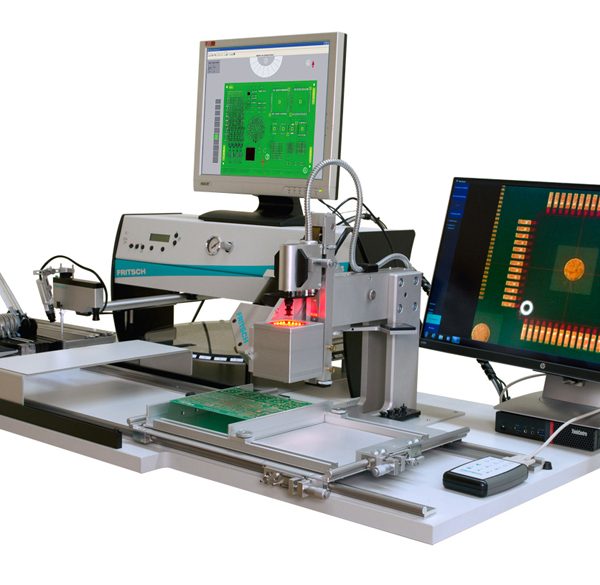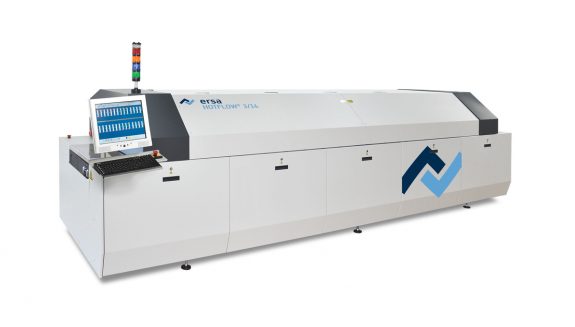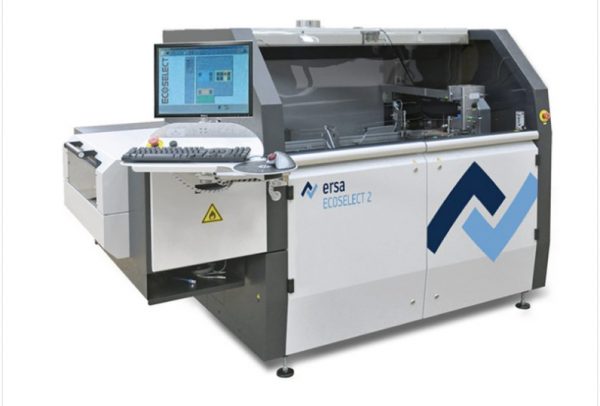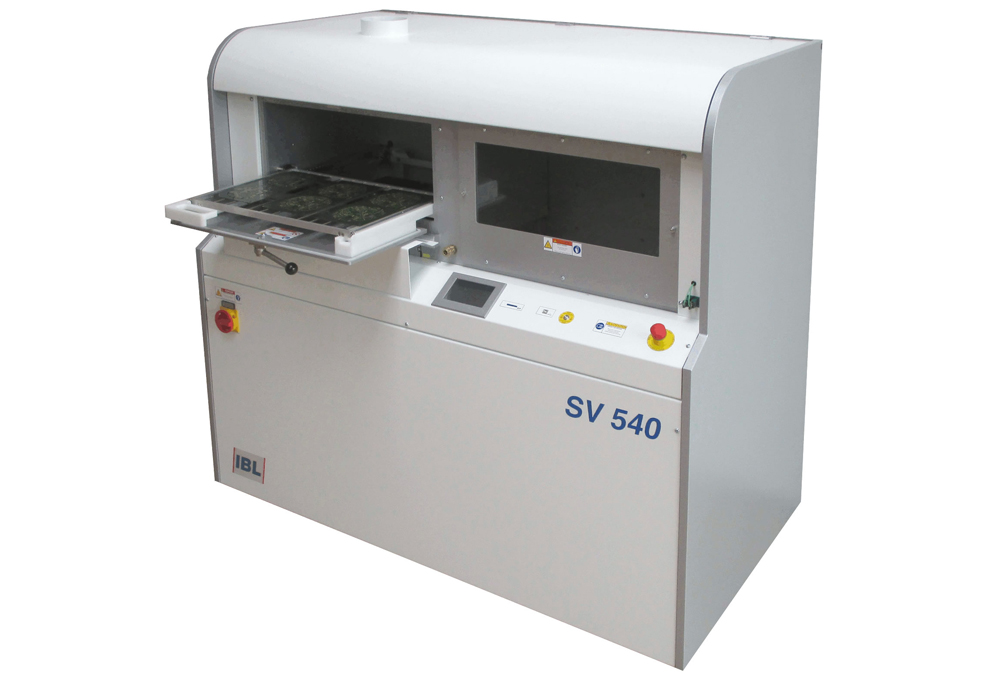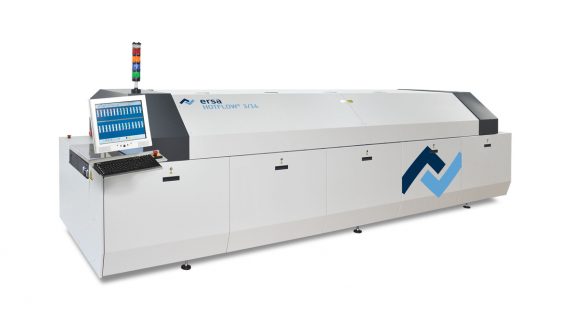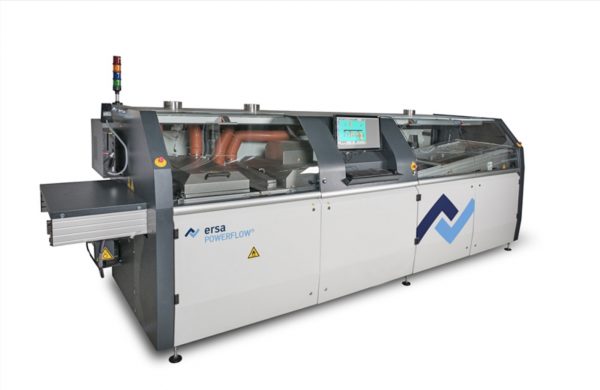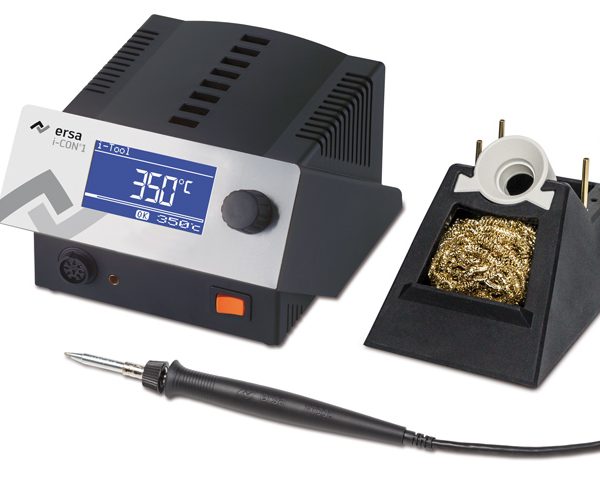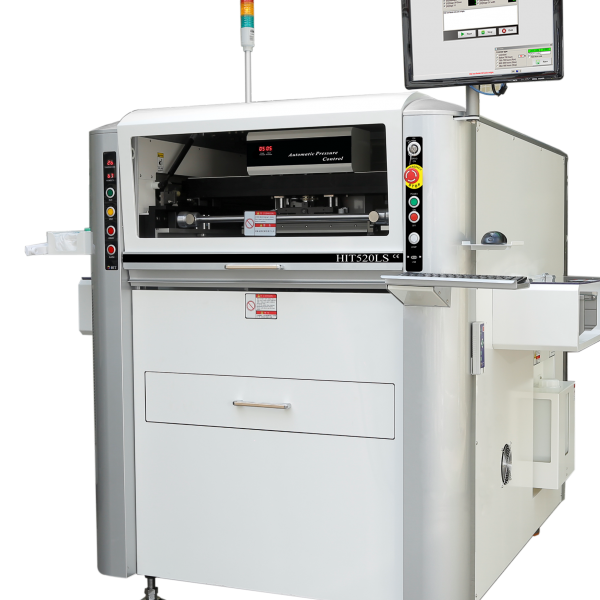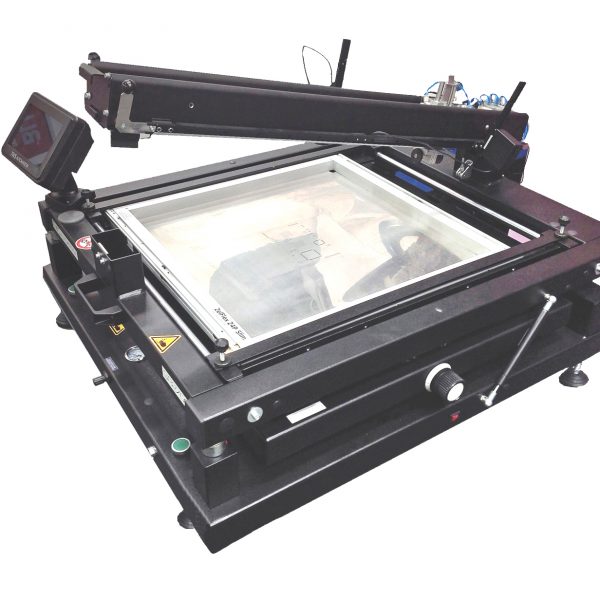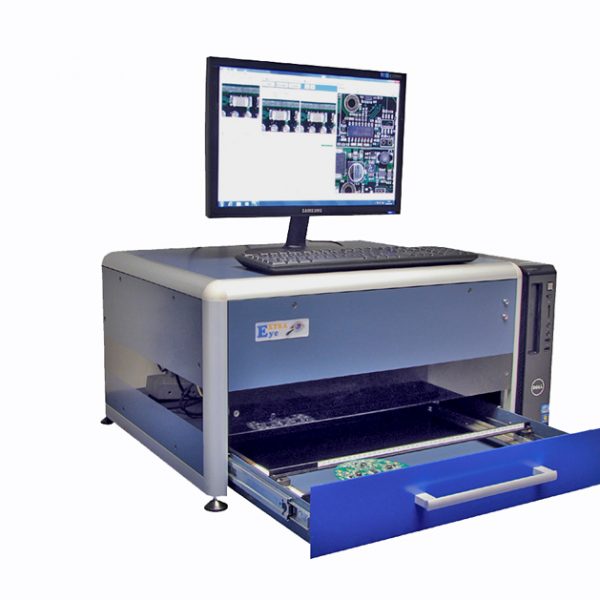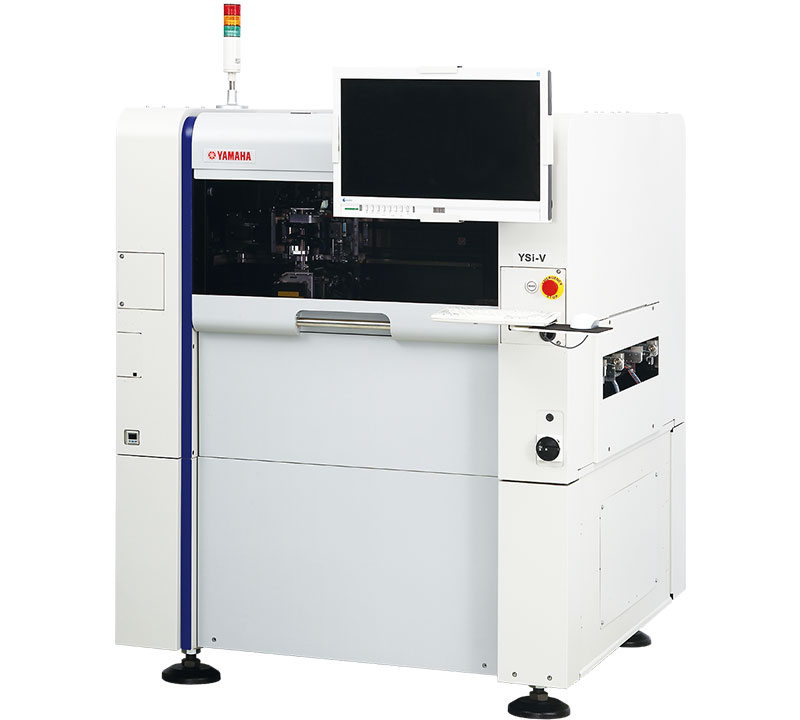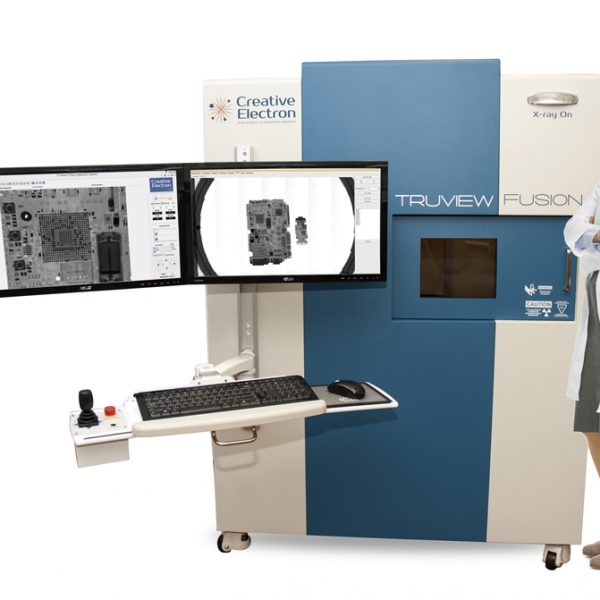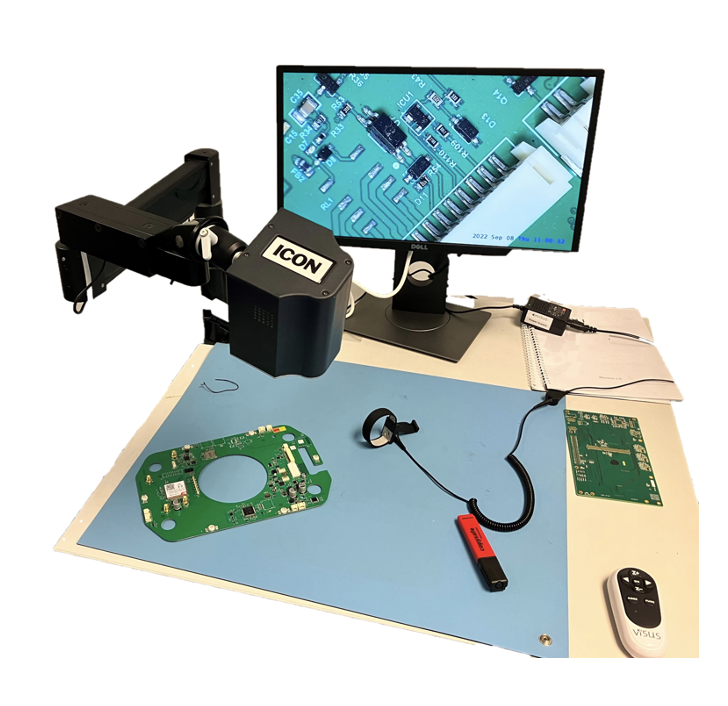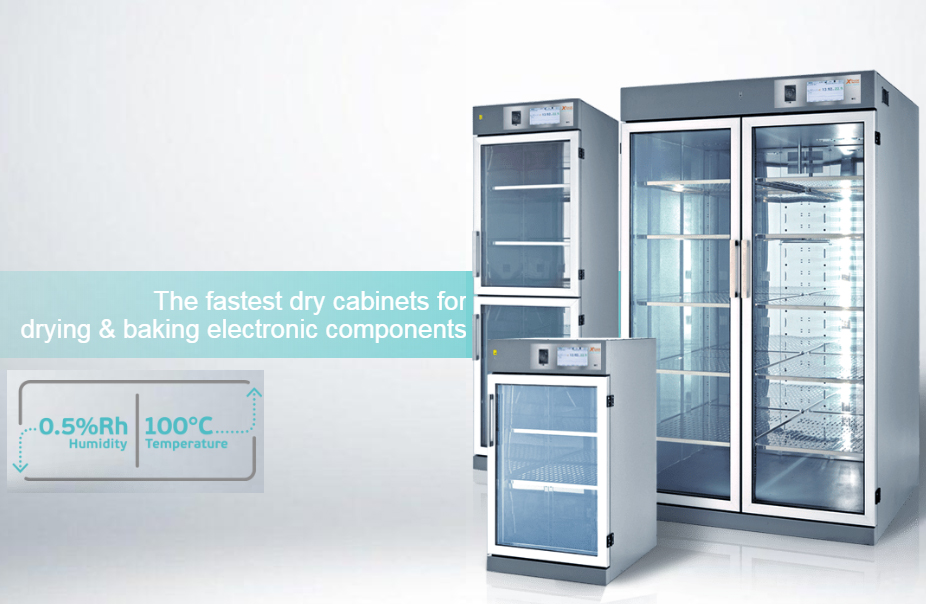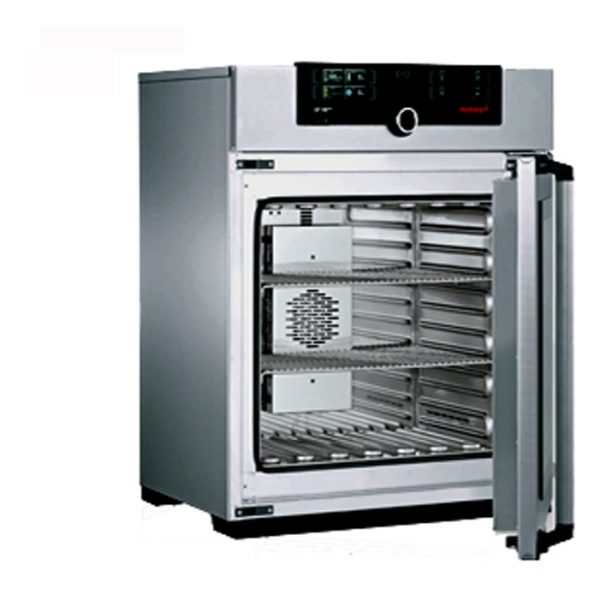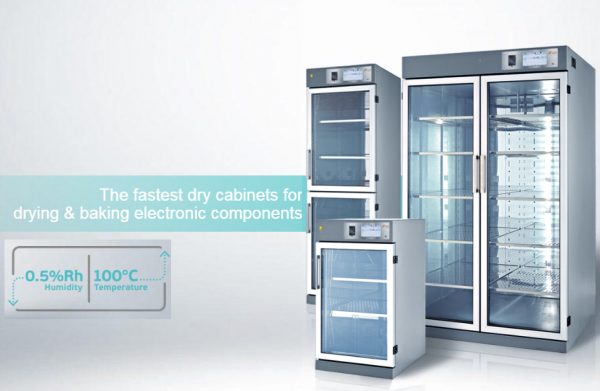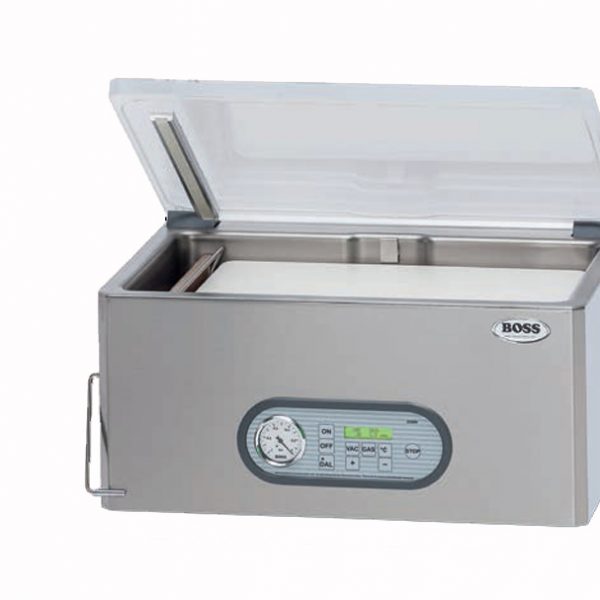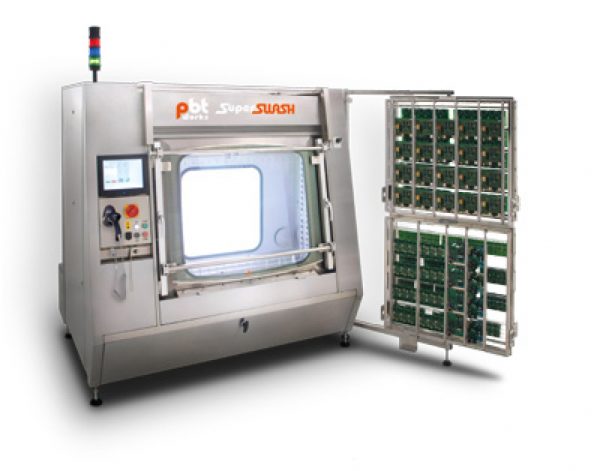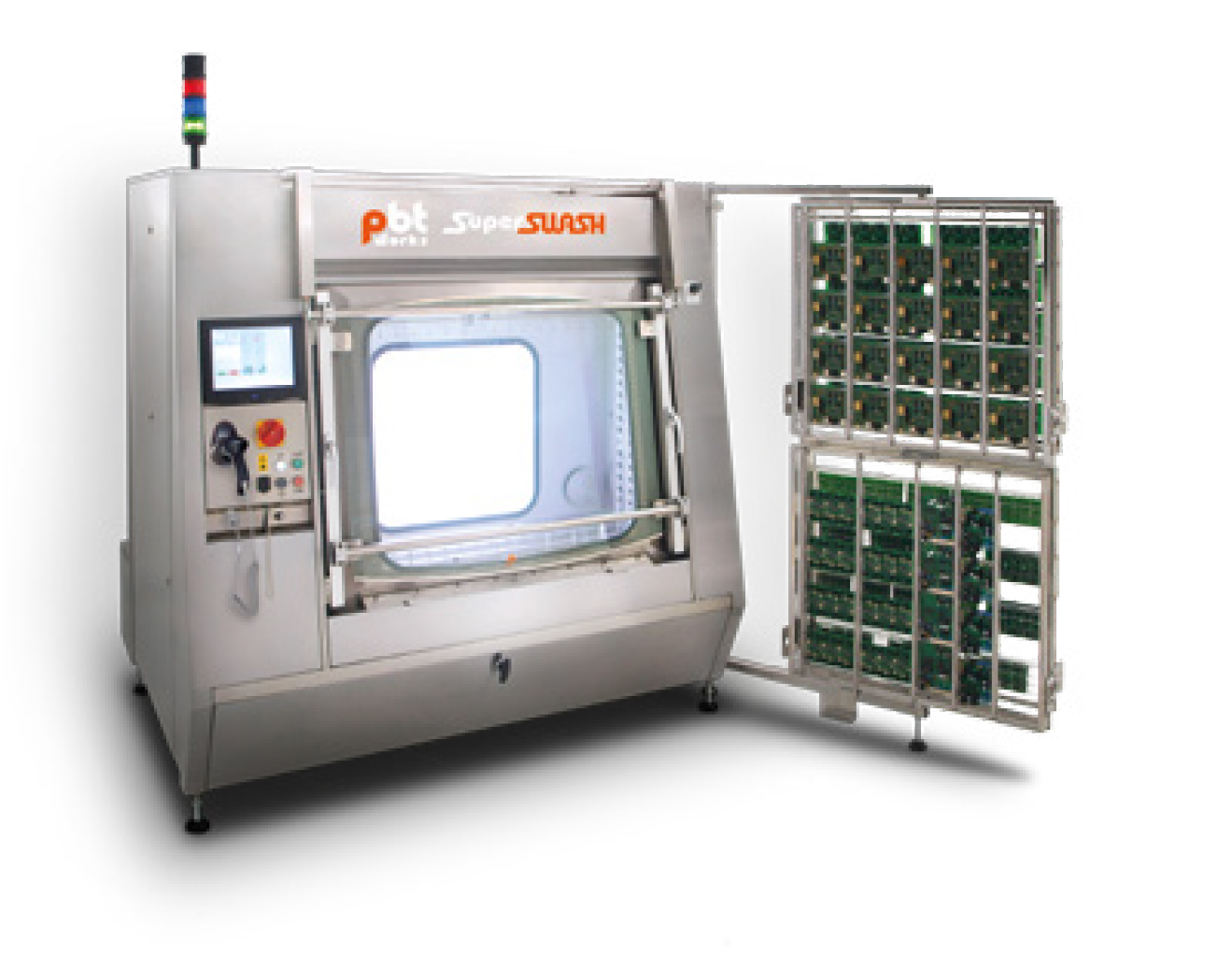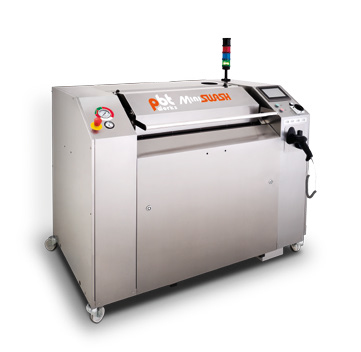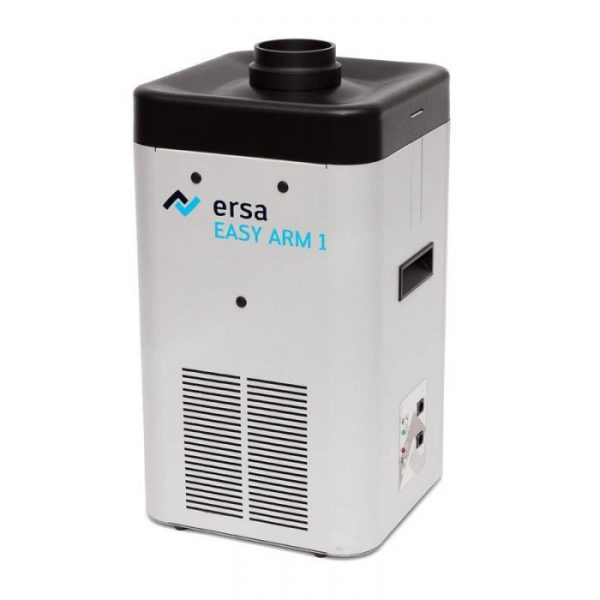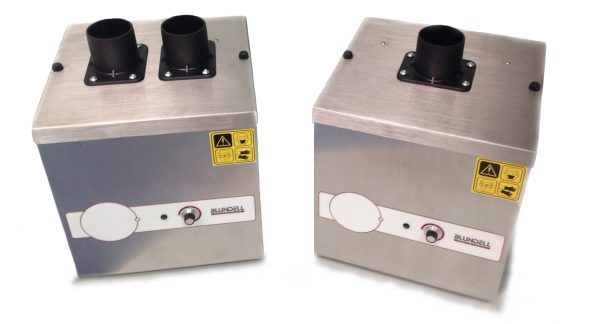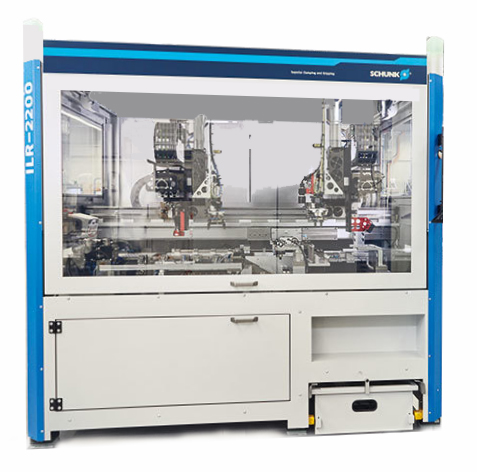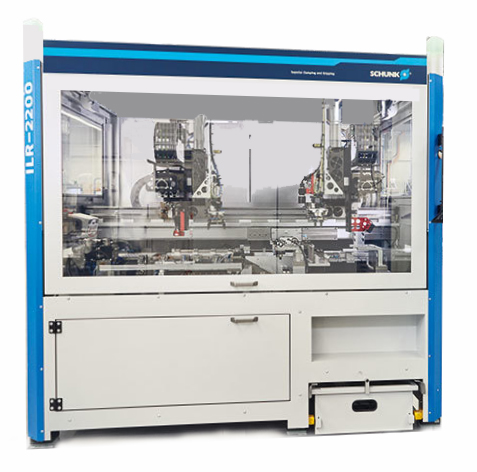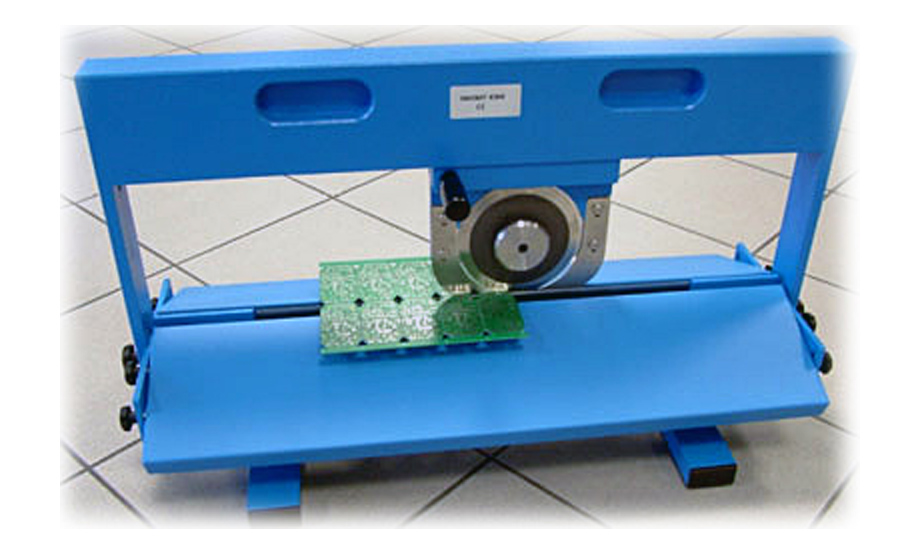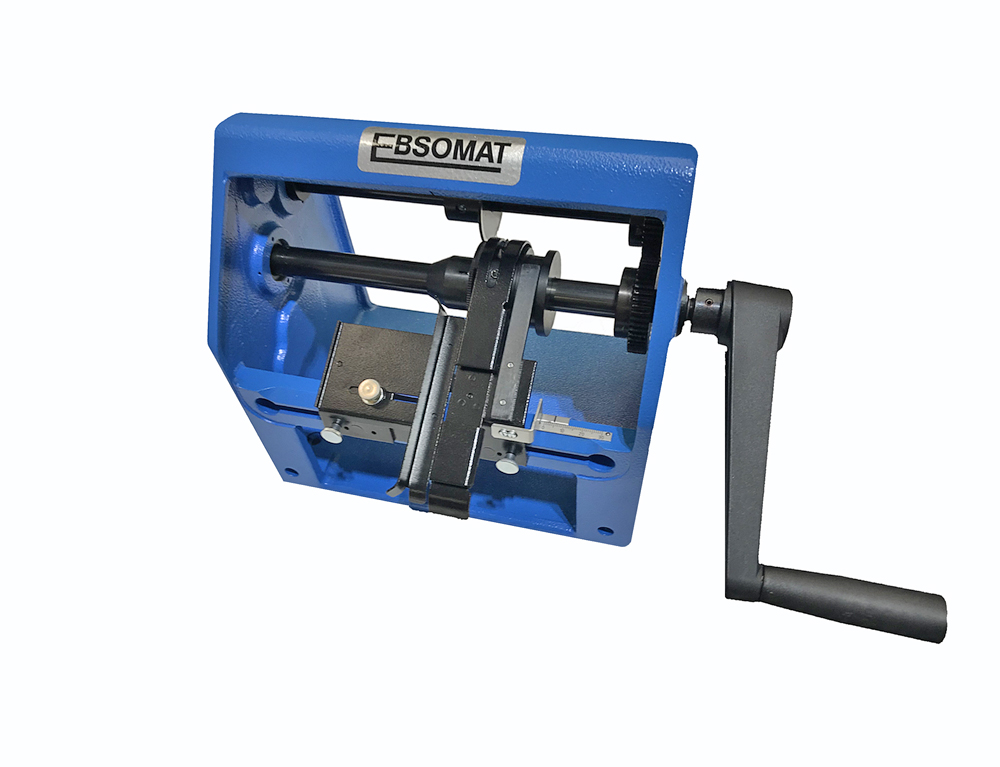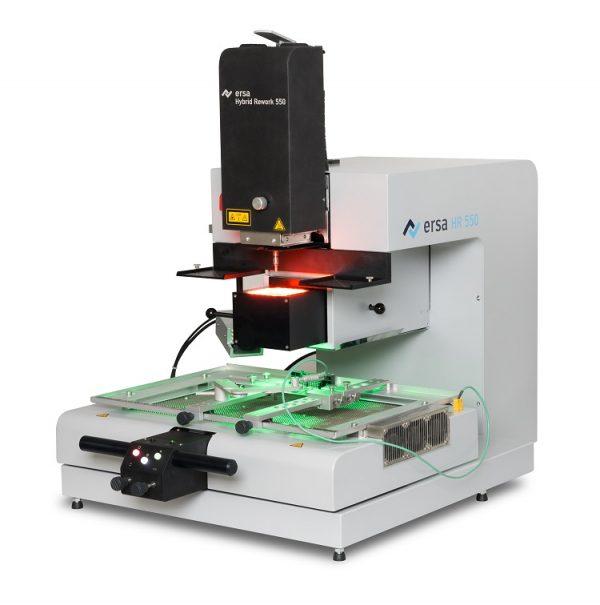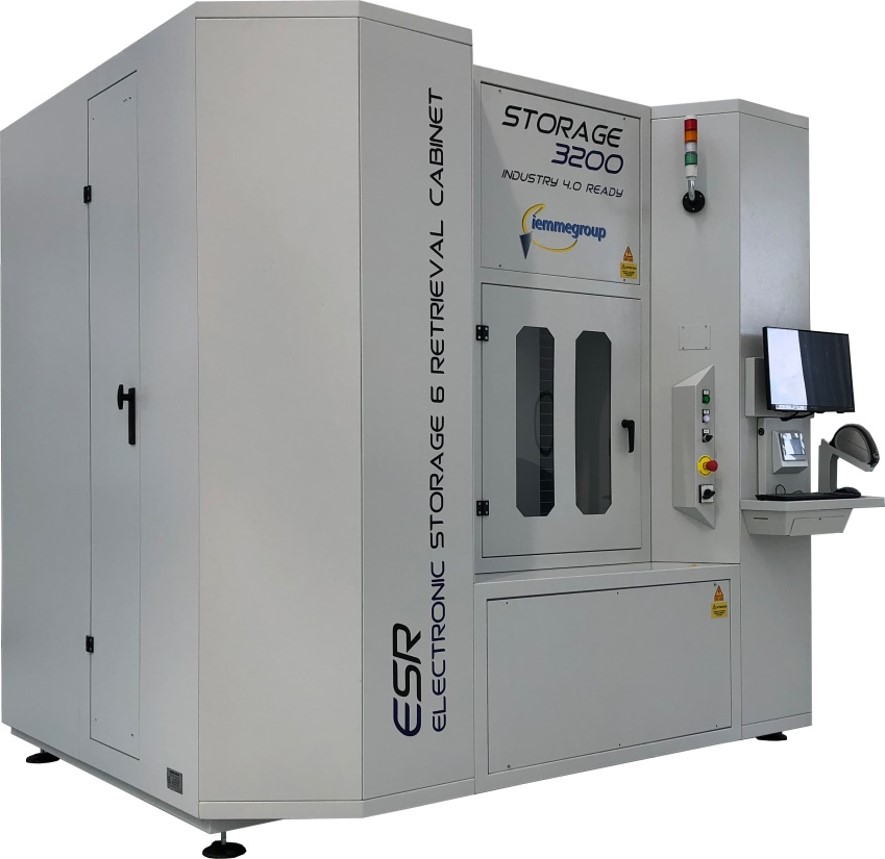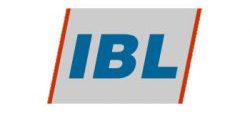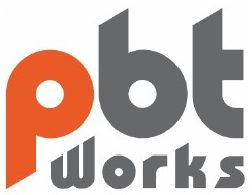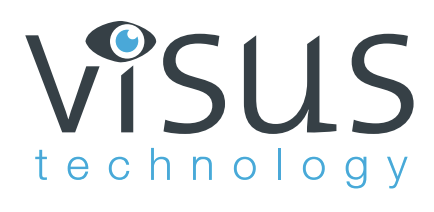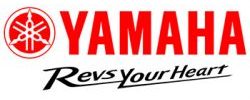Chemigraphic Vapour Phase
Chemigraphic invest in IBL vapour phase reflow
December 2019 marked a 10 year anniversary for BPE in partnering with leading Vapour Phase manufacturer IBL Tech. When we started with the German based OEM there were just 14 machines in the UK. Today, we have over 80 IBL machines installed throughout the country. Many of our customers, especially CEM’s, run VP alongside their convection ovens. One such customer who recently invested in IBL Vapour Phase is Crawley based CEM Chemigraphic. Technical Director Stewart Gadd explains what drove this investment:
“Chemigraphic manufacture a wide variety of products in low to medium volumes and as the complexity of some of these products has increased, we are finding that setting up a profile which gives good results is challenging and time consuming. We have two convection ovens and these are perfect for the majority of our products and so we didn’t want to just replace one or both of these. We had looked at VP soldering a few times, but didn’t think that we had a need for it then.
However newer designs are mixing small BGA’s and power devices on larger PCB’s, which was pushing what could be easily profiled in our existing ovens. As the value of these types of products is high, we needed to invest so we ensured that we have the best opportunity to produce boards which are free from soldering issues.”
Chemigraphic visited with some populated boards and components placed on wet paste ready for reflow, plus some boards that had been previously soldered but failed functional test. They also bought their preferred solder paste profile, which using IBL’s patented Intelligent Profiling System (IPS) was easily replicated. This was a particular useful feature for Chemigraphic as Stewart explains:
“We used a scrap board to profile with, something we would normally try to do with our convection ovens. However the process for VP is so controlled that when we entered the starting figures for our solder paste, even our first attempt would have worked. We made one adjustment to our starting figures and rechecked. For our convection ovens we would have needed quite a few passes with our solder profiler and even then we would struggle with temperature changes over the board”.
The results gave 100% yield for both new boards and previously reflowed boards, which gave solid justification for the investment. Once the trials were completed a brand new BLC509 was commissioned, and after several months of use, Stewart summarises on their investment:
“Since installation we have produced several hundred of the assembly which we were finding a challenge to solder and so far we haven’t seen any reflow defects. This has meant that we are much more confident when it comes to producing these sorts of challenging assemblies. When we are building high value assemblies, it isn’t possible to build in a scrap allowance and every board we make must work. Adding in our requirement to produce small batches where spending hours trying to perfect a profile was both a cost and a bottleneck for NPI ,the investment has been a successful one.”

